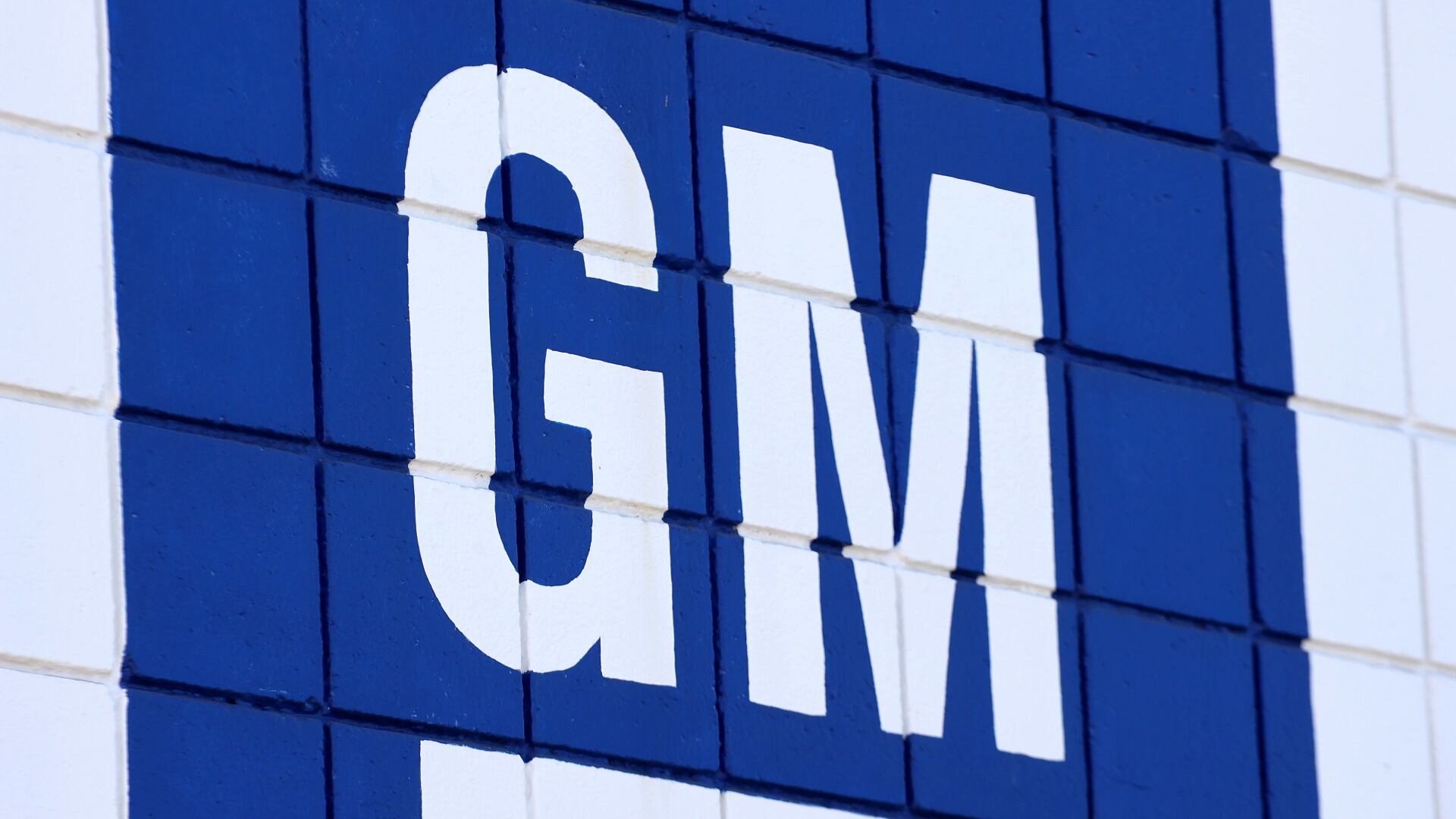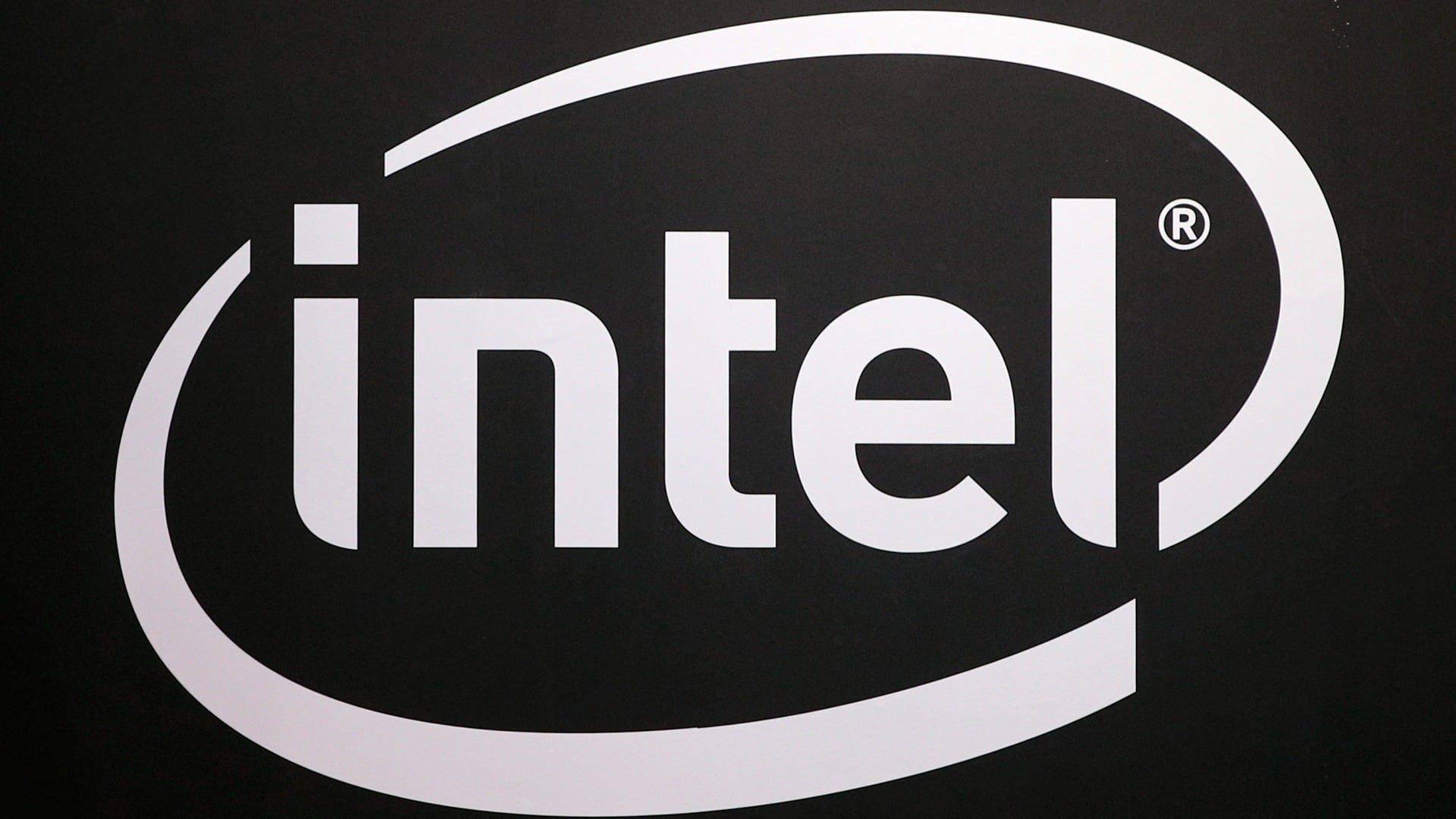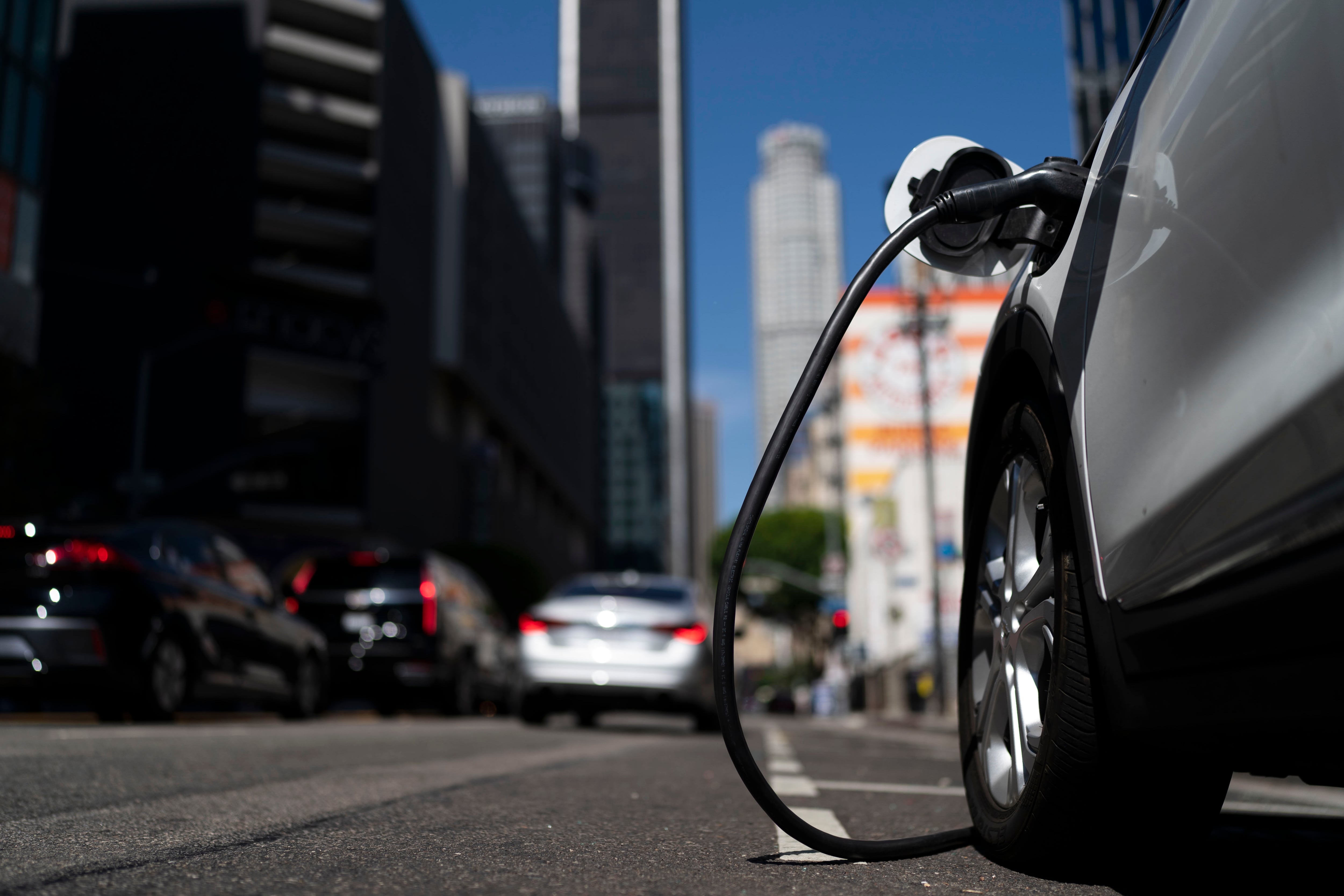Prices popped once again in March, with the latest consumer price index showing a 1.2 percent month-over-month increase and 8.5 percent increase from a year ago, which was the highest reading since 1981.
With war raging in Ukraine and COVID-19 shutdowns wracking large parts of Asia, the jump was expected, though economists were watching closely for signs of a peak.
One data point suggesting prices could be leveling off was the core inflation reading, which cuts out volatile food and energy prices. The measure was up 0.3 percent year-over-year, lower than the consensus estimate of half a percent. In addition, used car prices, which have skyrocketed over the pandemic, declined by 3.8 percent.
"The March report shows some moderation in core CPI, month over month," said Mace McCain, the president and CIO at Frost Investment Advisors, in a statement. "However, we expect continued price pressure due to the lockdowns in China as the supply chain struggles to normalize."
The gasoline index, meanwhile, was up 18.3 percent in March and 48 percent from a year ago, contributing half of the total increase for the month.
The report was the first to fully capture the impact of the war in Ukraine, which has sent commodity prices soaring and created jitters throughout financial markets globally.
"The Russia-Ukraine war has added further fuel to the blazing rate of inflation via higher energy, food, and commodity prices that are turbocharged by a worsening in supply chain problems," wrote Kathy Bostjancic, chief US financial economist for Oxford Economics. "This will lead to a higher near-term peak in inflation and a slow descent through 2022."
Shelter prices were up a half a percentage point, and food prices were up 1 percent for the month.












